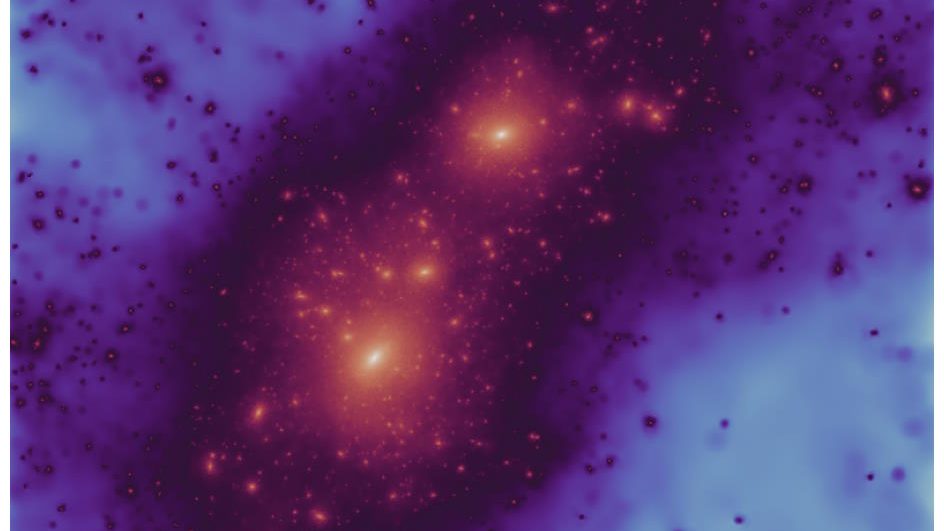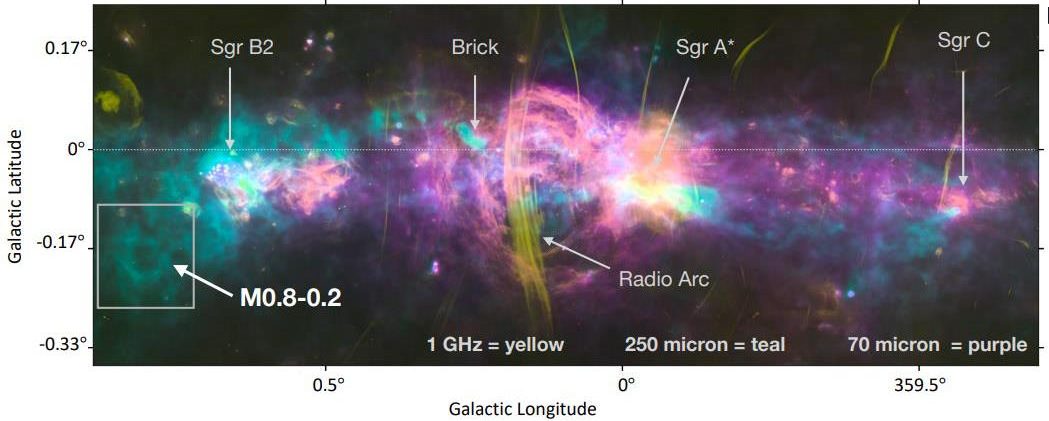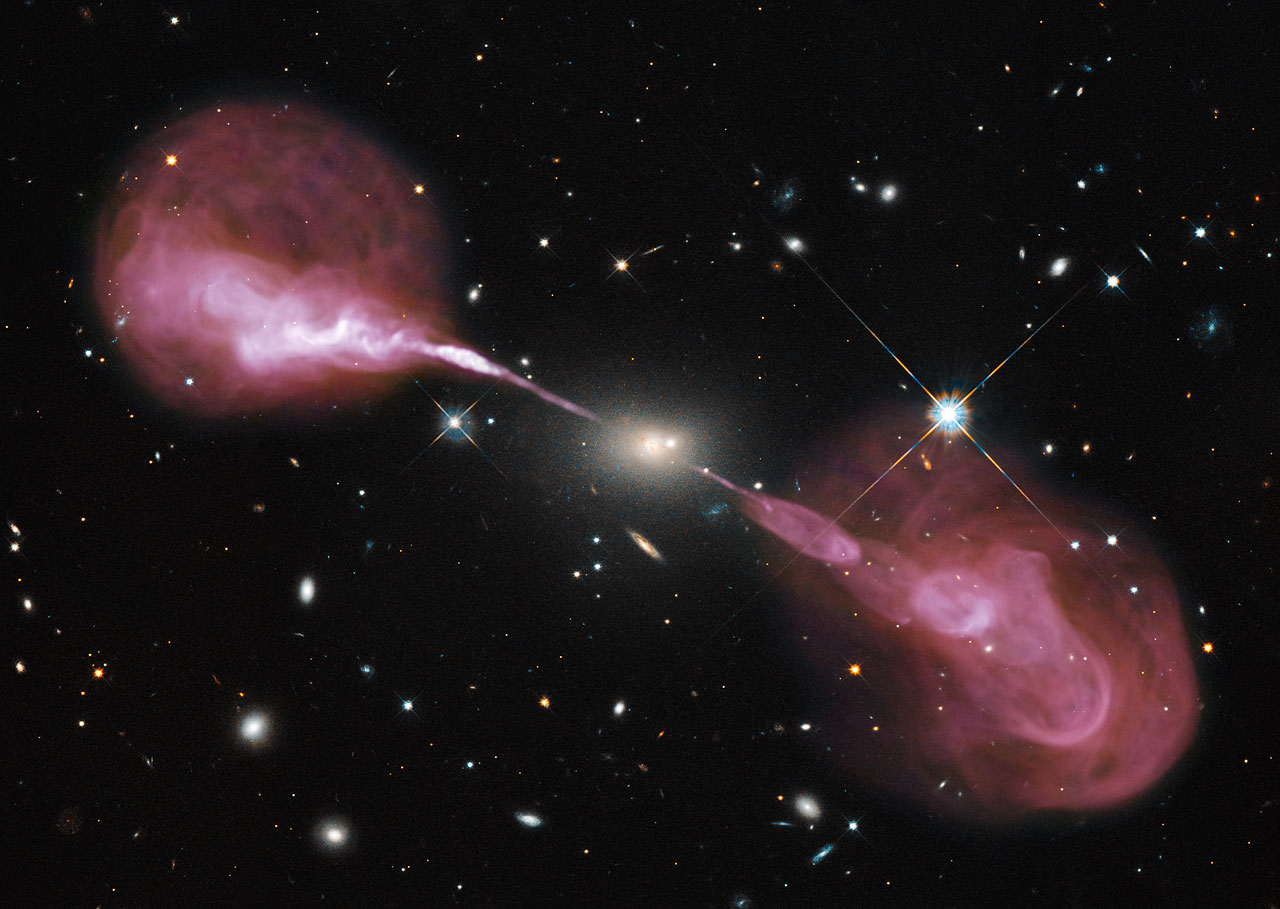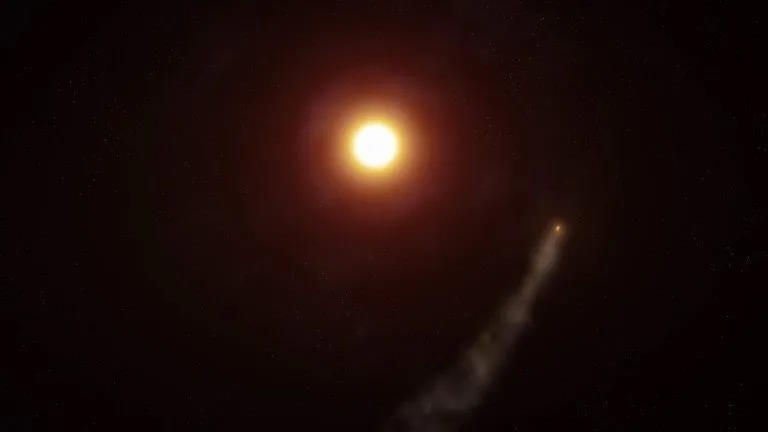Starts With A Bang podcast #106 – the troublesome hunt for Planet Nine
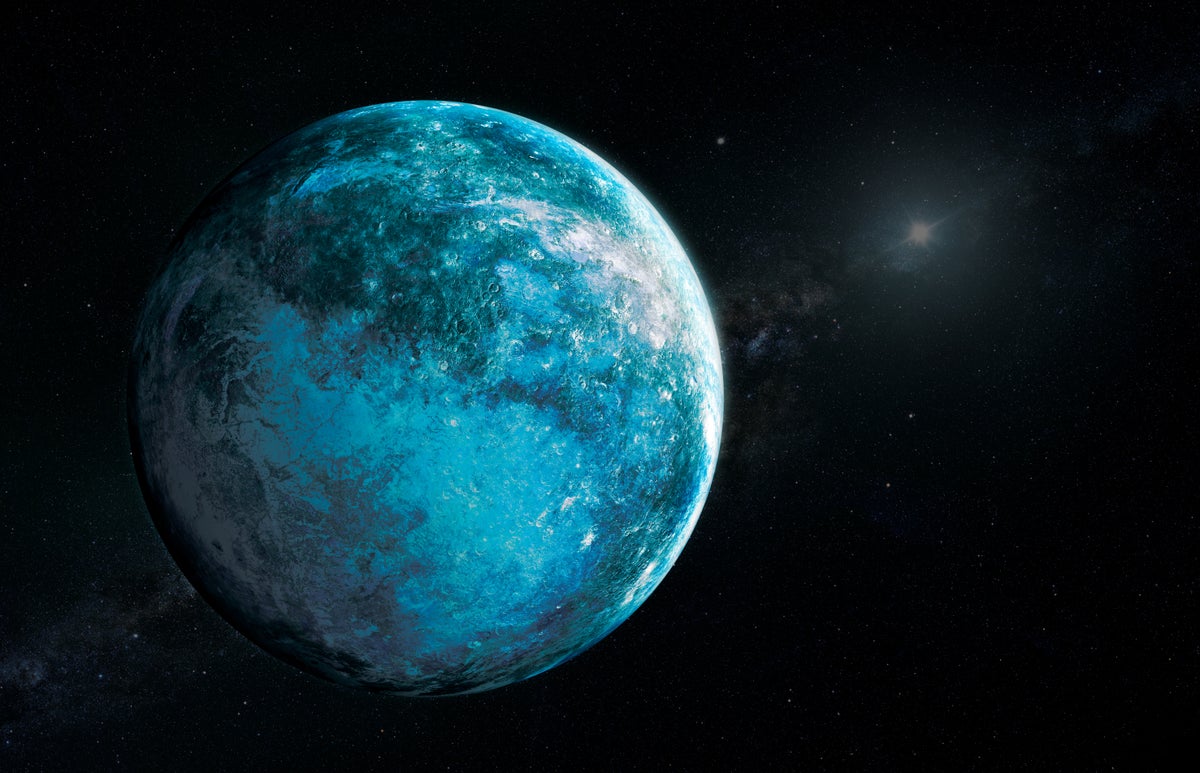
- It’s been approximately 10 years since astronomers noticed some odd behavior in a few of the outer Solar System’s objects that seemed to point to a large, gravitational mass very far out: a possible Planet Nine.
- Since that time, much more data has been collected and many searches have been conducted, directly and indirectly, for evidence that would either support or refute Planet Nine’s existence.
- Today, although a few prominent astronomers still argue for its existence, the full suite of Kuiper belt (and beyond) data no longer requires a Planet Nine. Searches, meanwhile, are complicated by a new addition: megaconstellations of satellites. Listen and find out more.
One of the most swiftly forgotten revolutions in all of science is our understanding of the Solar System out beyond Neptune. Although Pluto was discovered nearly a full century ago, it wasn’t until the early 1990s that we even discovered the next object beyond Neptune that wasn’t also part of the Plutonian system. And yet, in the 30 short years that have passed since then, we’ve learned so much more about the structure of the Kuiper belt and beyond, but we also face tremendous challenges in the quest to learn more thanks to an unwelcome intruder: the rise of satellite megaconstellations.
Although the original team of Mike Brown and Konstantin Batygin continue to advocate for a novel, massive, undiscovered world located at hundreds of times the Earth-Sun distance, they’re largely alone, as other scientists have weighed in and see no evidence for this hypothetical world. Nevertheless, more science must be conducted to know for sure, and in the meantime, the rise of satellite megaconstellations such as Starlink now poses an existential threat to all sorts of endeavors, including planetary astronomy.
Here to guide us through the current status of the hunt for Planet Nine, as well as the new obstacles that astronomers are contending with, I’m so pleased to welcome Prof. Sam Lawler to the show. Sam is a professor at the University of Regina in Saskatchewan, Canada, and is also known for her advocacy work in favor of dark and quiet skies for all of humanity to enjoy and benefit from. It’s a fascinating discussion that took me to some unexpected places, and I think you’ll enjoy it a whole lot!
